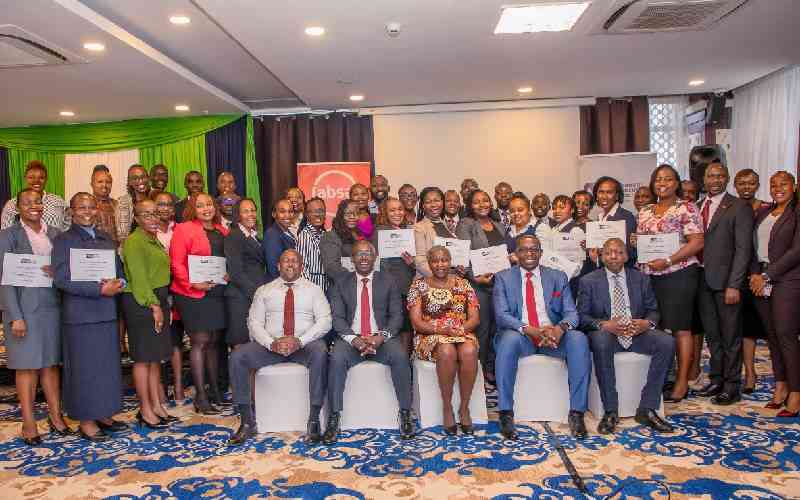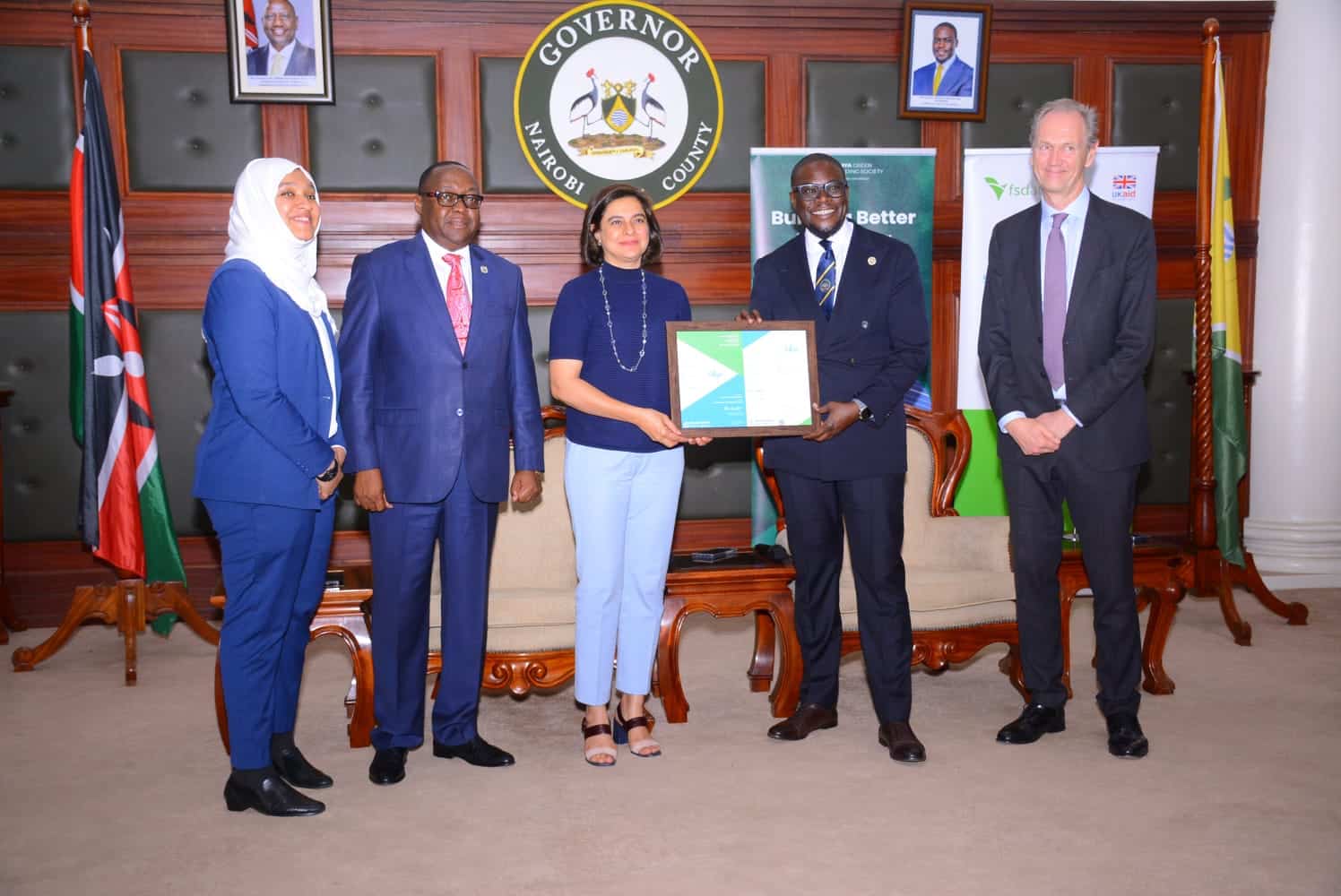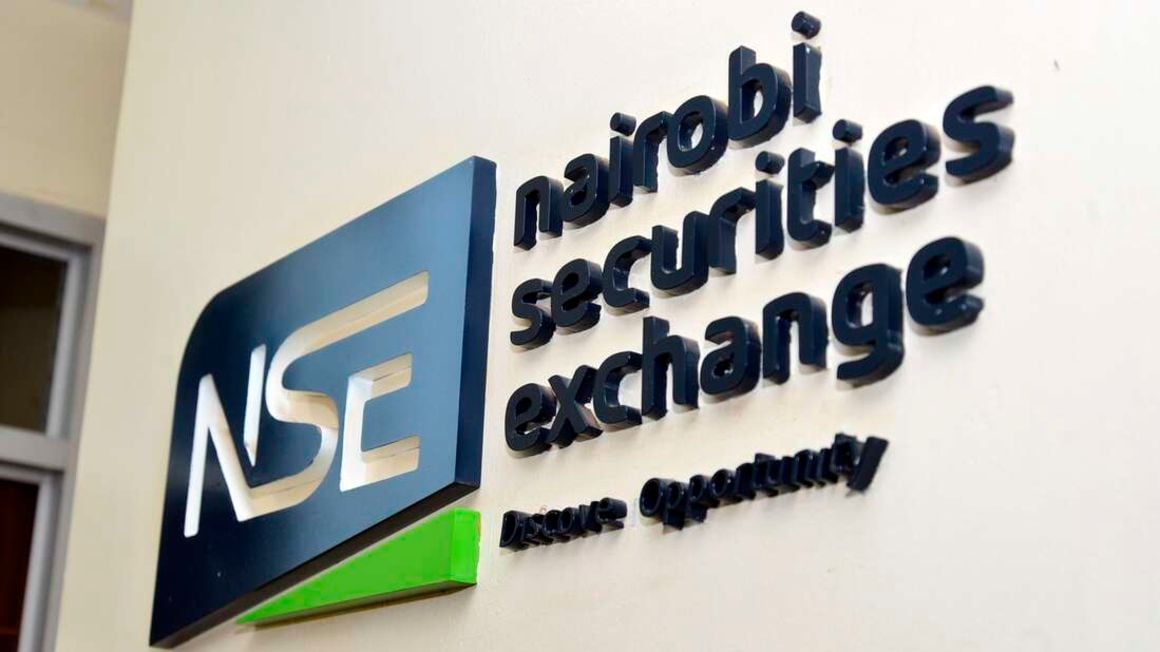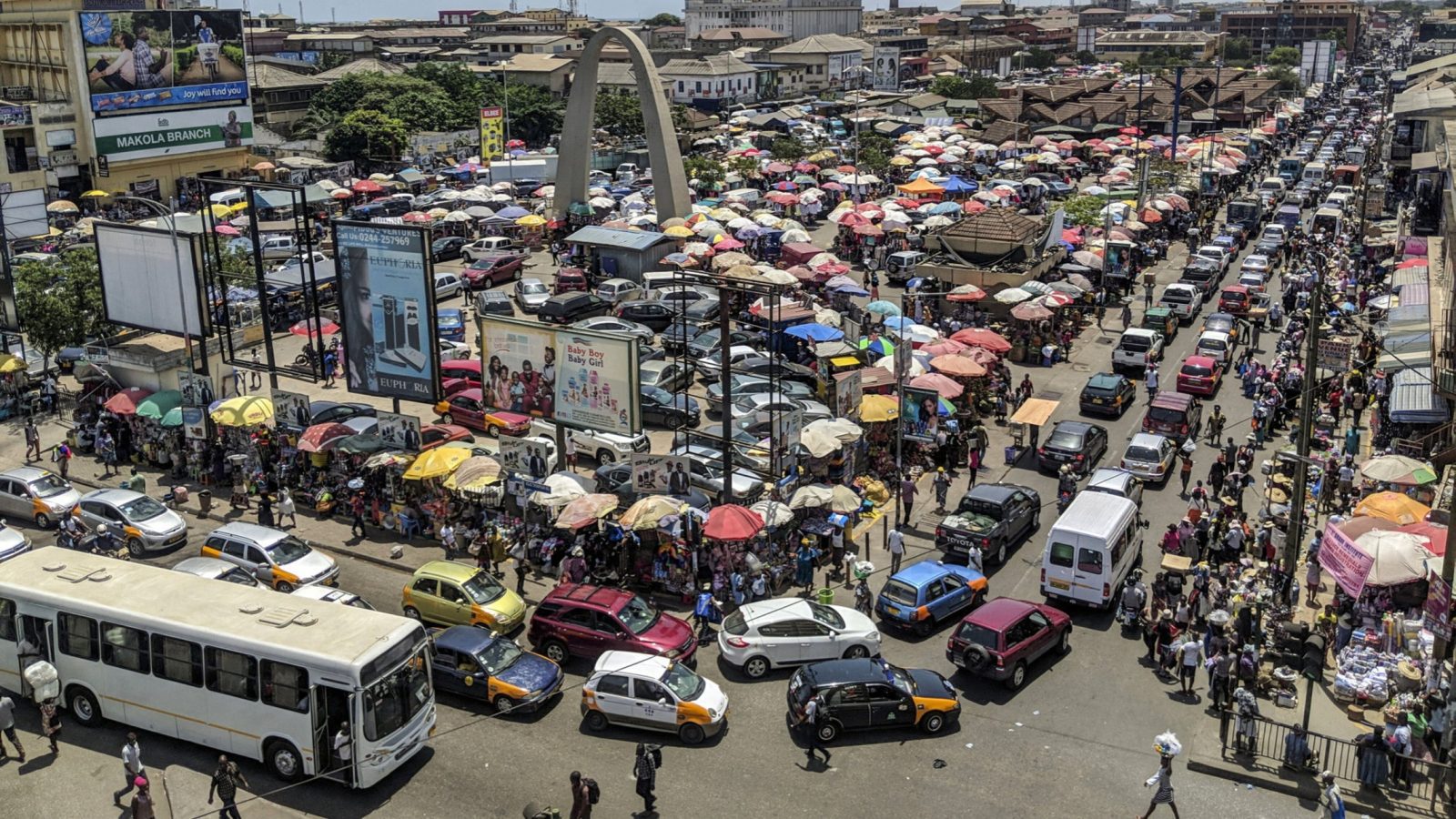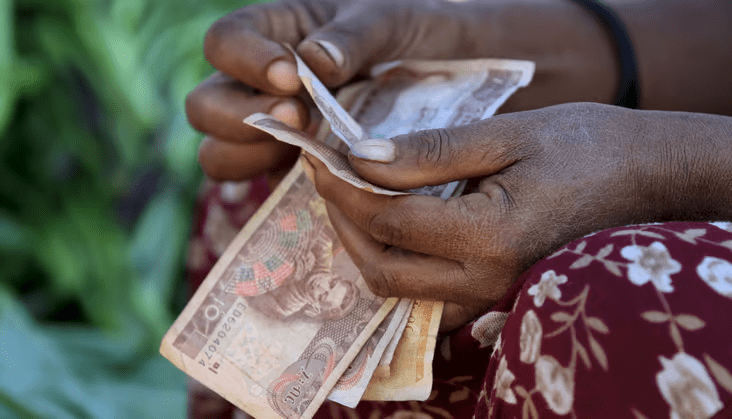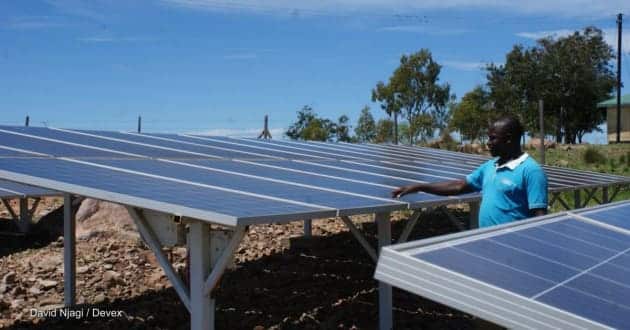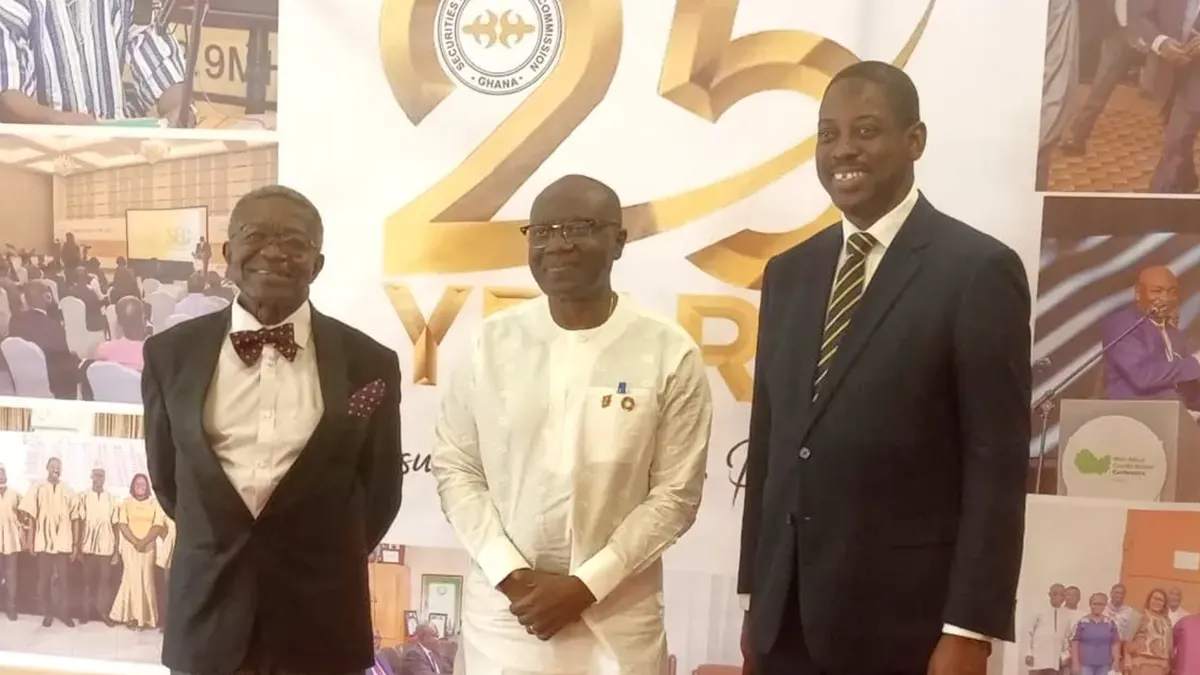Tier one lender Absa Kenya has teamed up with the Nairobi Securities Exchange (NSE) and the Chartered Institute for Securities and Investment (CISI) to enhance knowledge and expertise of the Capital markets amongst its staff.
The initiative aims to improve the value provided to their customer base by actively engaging in various Capital Markets offerings and achieving the best possible outcomes for their corporate and retail clients’ financial objectives, said Absa.
The capacity building programme dubbed Securities Industry Certification programme was designed by the CISI in conjunction with the Capital Markets Authority (CMA) and Financial Sector Deepening Africa (FSD Africa).
The organisers said it offers a broad introduction to the financial services professional sector, with a specific focus on investments from a global perspective.
It for instance focuses on local and international markets and covers key financial principles and products including assets and markets, equities, bonds, derivatives and investment funds.
The programme enables candidates to better engage with their clientele in determining their objectives, risk profile and constraints towards ensuring advice that is suitable and appropriate to each individual client, a key pillar towards ensuring that a practitioner acts as a fiduciary to their clientele.
The NSE, a CISI Accredited Training Partner, has been working with the Absa team to ensure appropriate delivery of the programme and attaining of the learning objectives.
Outgoing Nairobi bourse chief executive Geoffrey Odundo said the the NSE is committed to building and strengthening the capacity of capital market players through partnering with organizations such as the Chartered Institute for Securities and Investments.
“Capacity of market participants is at the heart of robust market infrastructures and we will continue to pursue strategic initiatives to accelerate this agenda,” he said.
Absa Bank said it will continue to beef up the skills of its workers.
“Absa is committed to continue being a market leader in providing differentiated financial services that are tailored to the unique needs of our client base,” said Absa Bank Kenya Director of People and Culture Mumbi Kahindo.
“Capacity building is key towards achieving this commitment, by ensuring that our people are armed with the right knowledge and skills to deliver the best experiences to our customers and stakeholders.”
CMA director of Policy and Market Development, CMA noted that appropriate capacity building will play a critical role towards positioning Kenya as a premier investment destination and an International Financial Center.
“Adoption of international certification standards will enable more diversified products and services in the market, thus ensuring that we remain competitive and attract international flow of funds,” he said.
His comments were echoed CISI EA Regional Representative Kimacia Gitau.
“We are proud to be associated with Absa and the NSE towards building appropriate Knowledge and expertise among the Absa Premier staff and the sector as a whole,” he said.
“We are fully committed to the advancement and dissemination of knowledge in the field of securities and investments within the region.”
Read original article
